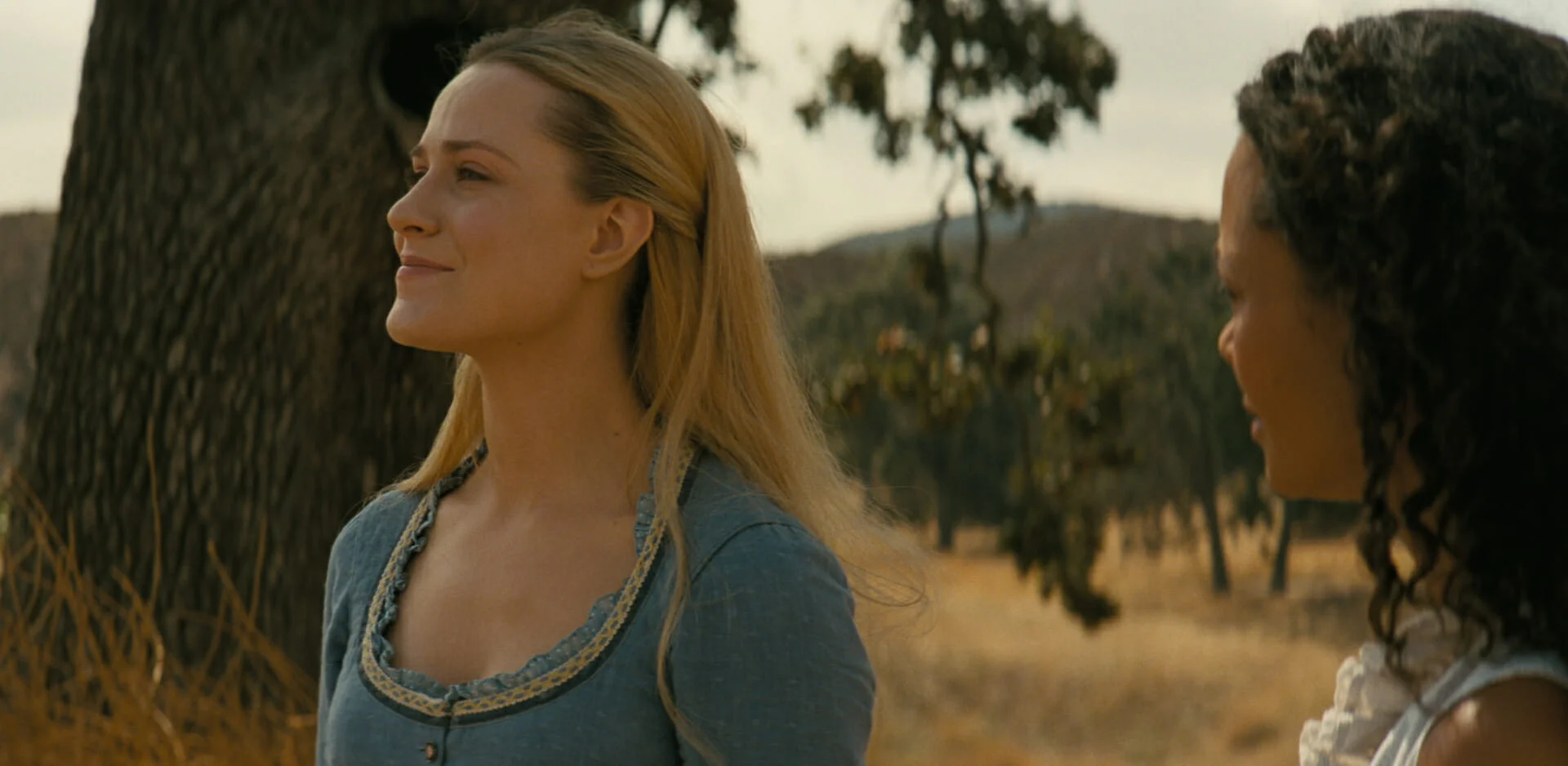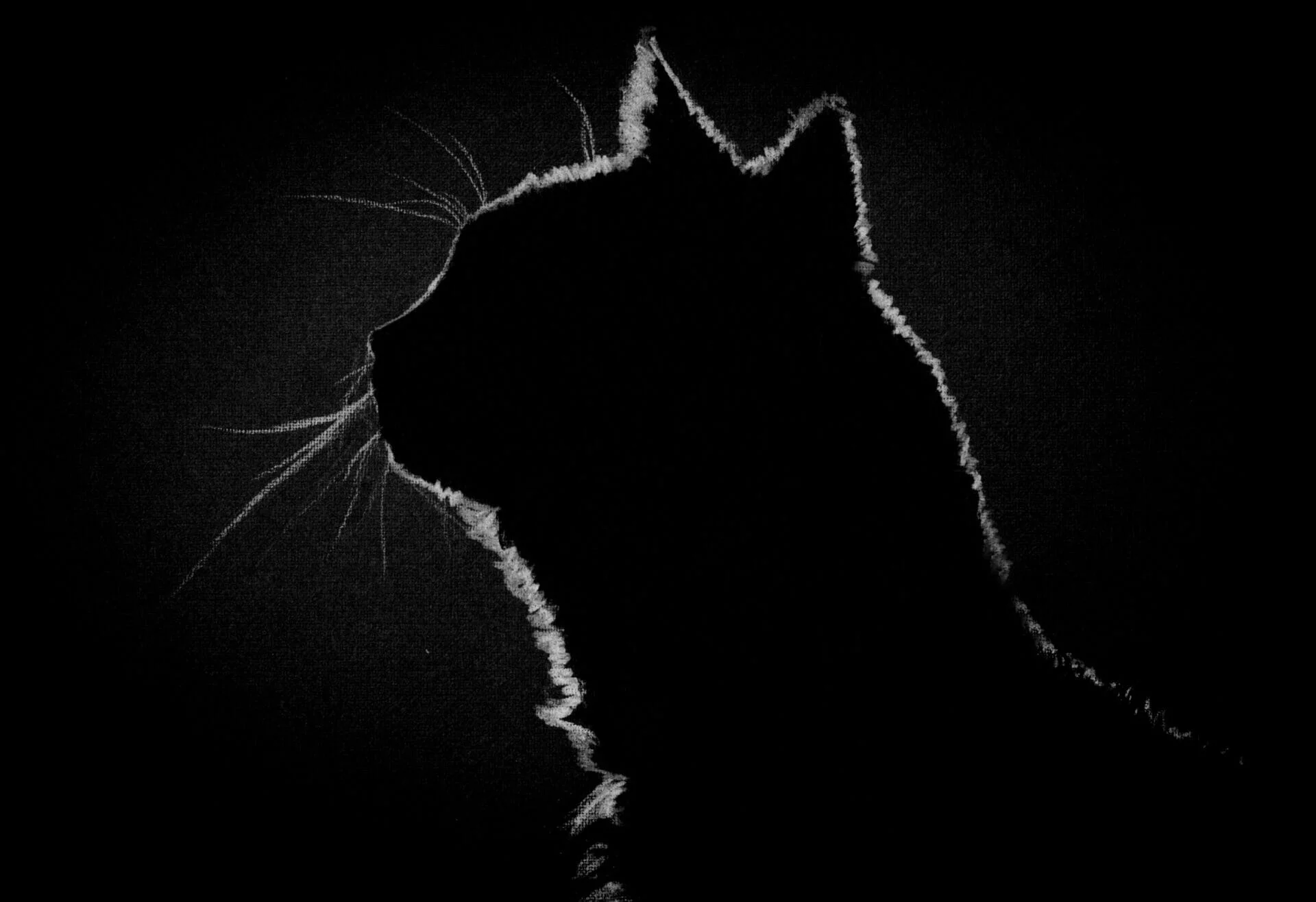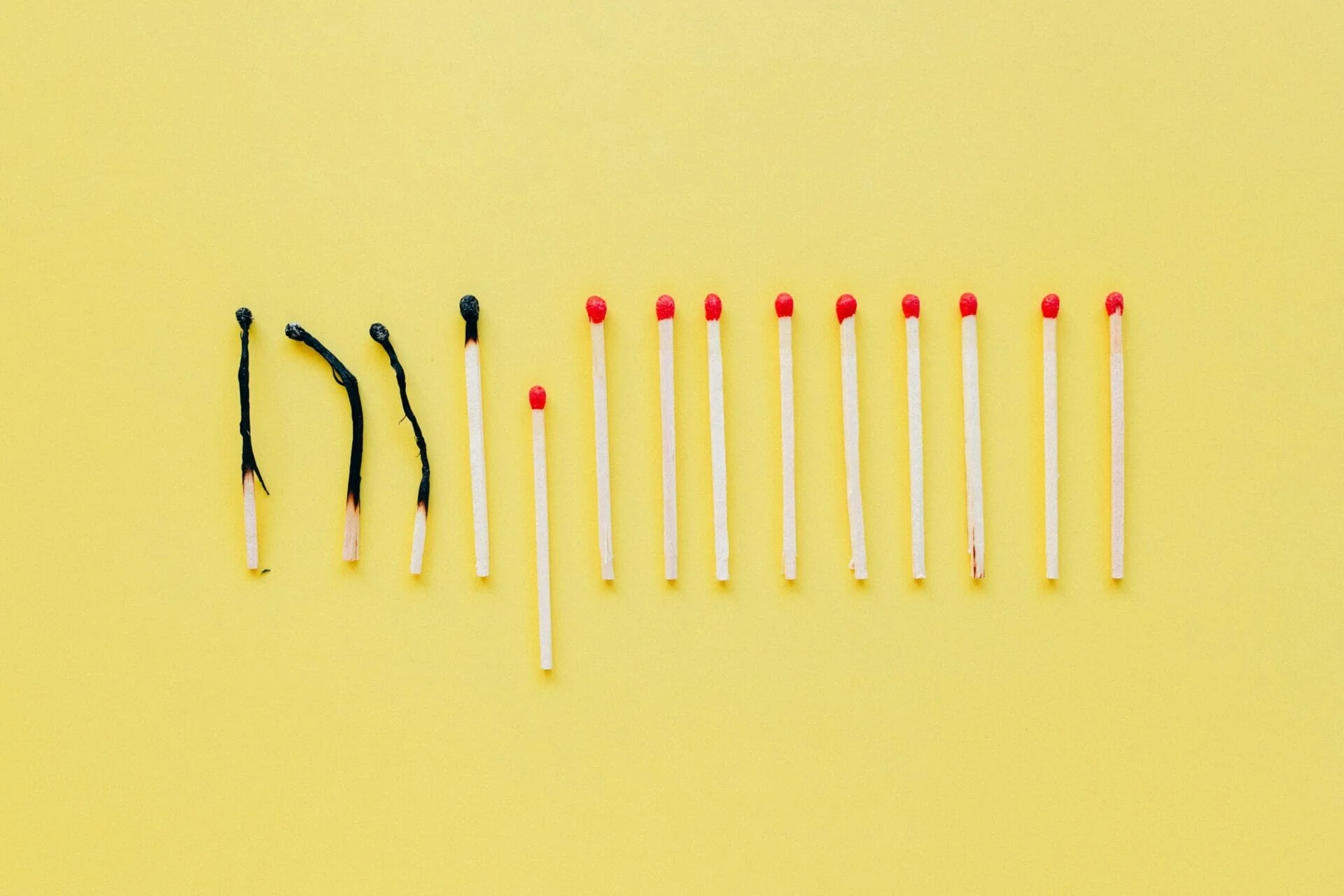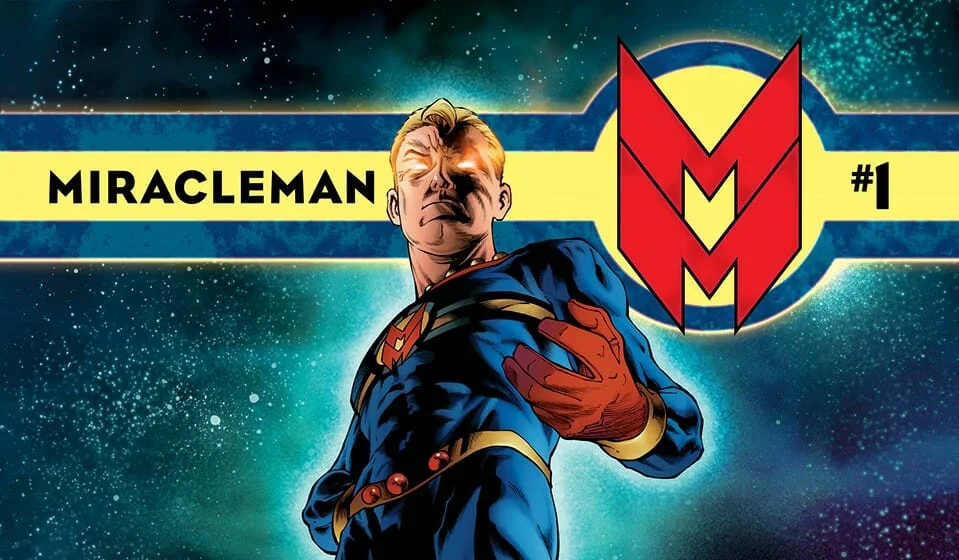
Miracleman By Alan Moore | A society ruled by superheroes
Author
Year
Format
Length
Genre
What would you do if nobody could stop you? What would you do with yourself, with other people, with the entire world? Maybe these are questions Alan Moore asked himself when he started writing Miracleman. Originally created by Mick Anglo in the 50s, Moore revived the character in 1982 rebuilding themes and atmospheres. Like Frank Miller’s Daredevil, this work is one of the first seeds of a new era for superheroes which will last through the whole 80s. Written before Watchmen, the story of Michael Moran anticipates and explores the idea of supermen acting in the real world. However, unlike his political and noir work, here Moore focuses on a biological gap. A gap that allows people with superpowers to arise as gods, ruling mankind and reshaping the world.
Kimota! The superman appears
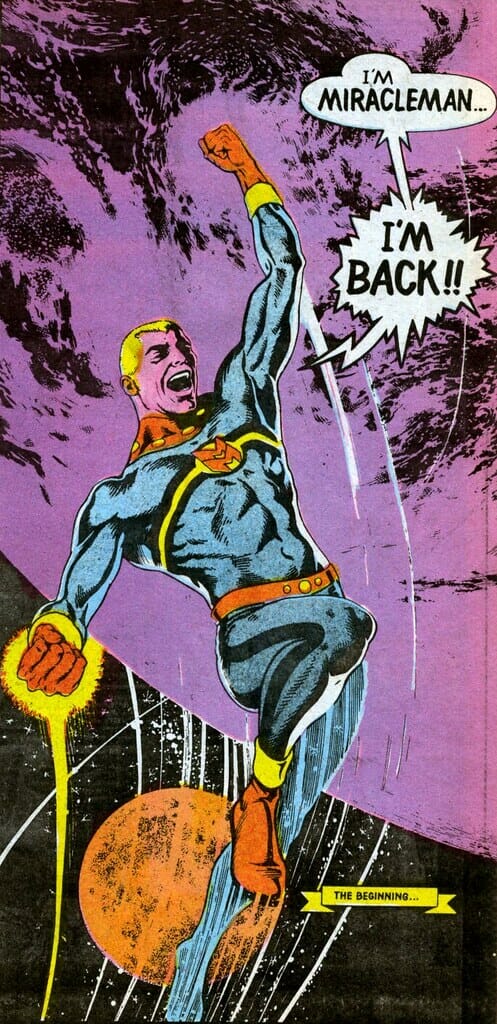
Michael Moran is an average man, tormented by dreams of a forgotten life. When he discovers that he has always been a superman and he can transform into Miracleman by saying the word Kimota!, his former life is turned upside down. However, the plot is not about a newborn hero fighting crime and protecting the weak. Quite the opposite, Miracleman’s first task is to survive. He has to fight Kid Miracleman, his former sidekick who lost his mind intoxicated by his own power. Fight after fight, Mike becomes more and more fond and, at the same time, dependent on its powers, enjoying the awe he provokes in other people. He also discovers a dark side of his personality, which does not despise violence and revenge.
The encounter with the extraordinary and multiple threats shakes Mike/Miracleman’s identity. He finds the truth about his origin, meets super-advanced aliens and an over-ambitious scientist, but what really troubles him is a simple matter. Who am I and who do I want to be? The mighty and shiny Miracleman or the chubby and weak Mike Moran? Can they co-exist or one of them must step aside?
Miracleman: Moore’s godlike superman
The point is that superheroes shall not live bounded by human values. They have to fully embrace their divine condition and transcend to a new idea of life and society. Thus, in Miracleman Moore tackles issues like moral relativism and hunger for power. There are no fixed boundaries nor unquestionable morals. It is all a matter of perspective, as all characters show during the story. When supermen and superwomen have the chance to start anew and design the world as they see fit, they take it without hesitation. Among the most excruciating scenes, there are the ones where Miracleman interacts with his wife Liz. Realizing he has come to be distant from a human perspective on things, he can only pity her for being so scared of what the world is becoming.
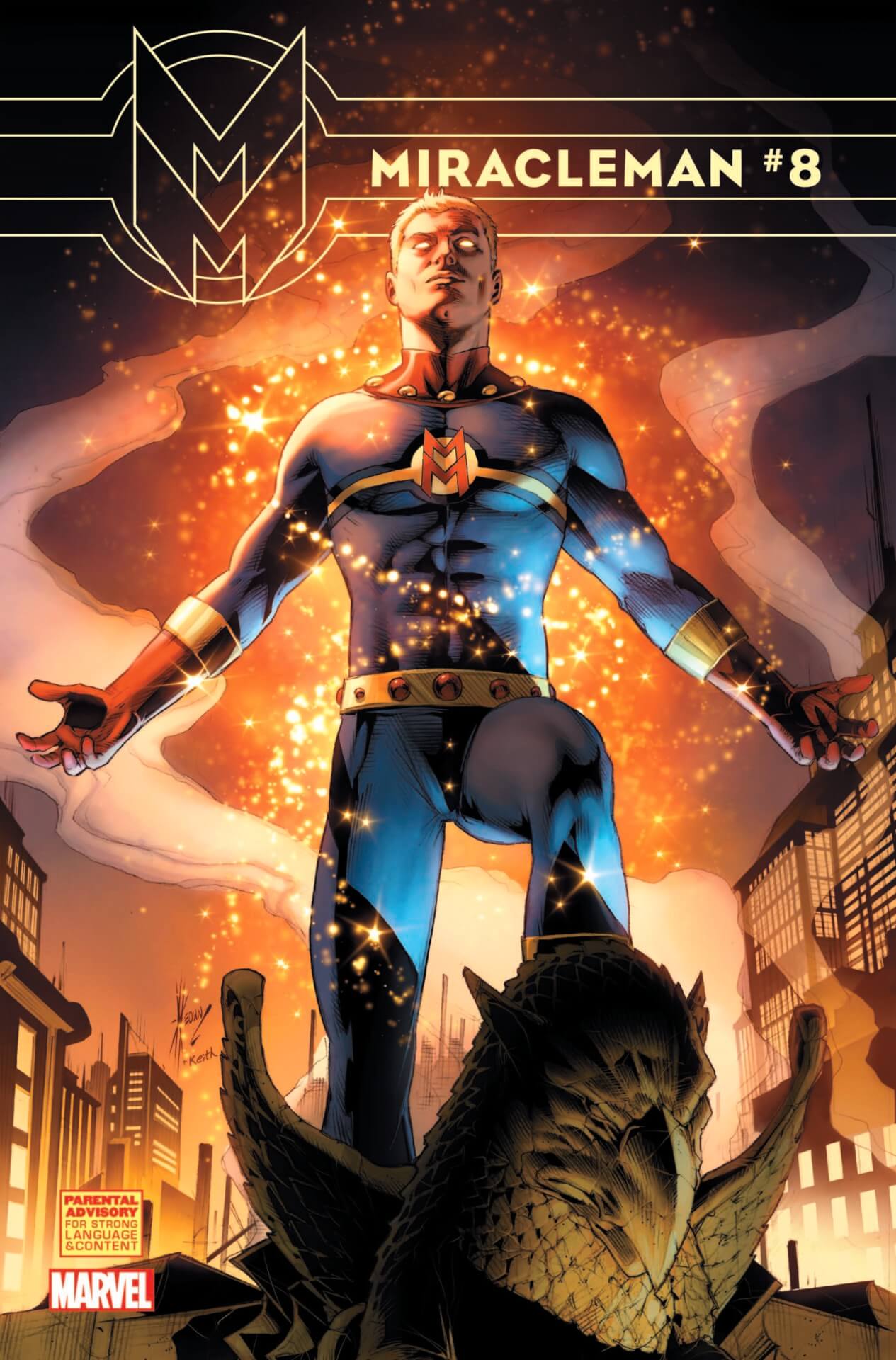
The ones who wield power will use it, be it to their advantage or decide what is better for others, which is even more unsettling. For Moore, the godlike condition of Miracleman characters depends on a quantitative difference. The mere fact that they handle abilities beyond the human condition entitles them to dominate and decide what to do with mankind. Moore quotes Friedrich Nietzsche several times and his superheroes mirror the philosopher’s idea of the übermensch: they establish their own values. The world they create seems utopic and peaceful, but it still remains something Miracleman and his peers forced on mankind. Thus, it is inherently flawed.
Passing the super-baton
Moore’s run on Miracleman consists of three acts or books: A Dream of Flying, The Red King Syndrome, and Olympus. Encouraged by Moore, Neil Gaiman started a new trilogy in 1990, probing the cracks of the utopia previously depicted. For now, he has only written the first part, The Golden Age, collaborating with illustrator Mark Buckingham.
The comic has also had a complicated publishing path. It changed publishing house during publication and went through an ownership battle involving Todd McFarlane’s Image Comics and Gaiman. Marvel Comics currently owns the character.
Tag




